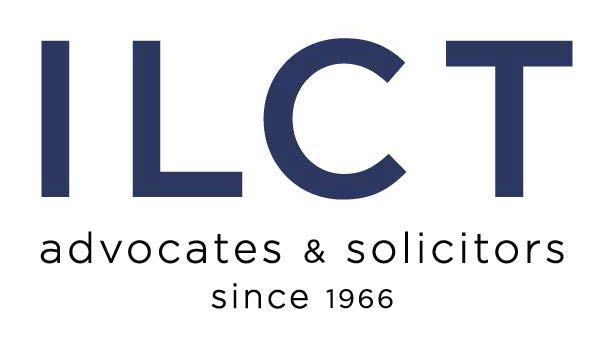Thailand: COVID-19 Public Health Countermeasures
Communicable Diseases Law and Regulations
As of March 2020, COVID-19 (“Coronavirus”) has spared across to more than 50 countries in every habitable continent with at least 105,000 confirmed cases and raising. Responding to the crisis, the Thai government have made critical efforts to quell this looming threat.
To prevent further outbreaks, public health countermeasures were implemented to reduce the chain-of-infection and spread of Covid-19, of which include restriction, containment and prevention protocols. Effective from March 1, 2020, Covid-19 has been officially classified “dangerous communicable disease” by the National Communicable Disease Committee (“NCDC”). Proceeding this, the Ministry of Public Health has issued an announcement under Communicable Diseases Act B.E. 2558 (2015) (“CDA”) effectively enforcing public health countermeasures against Covid-19 outbreaks.
CDA Need-to-Know:
At present, the World Health Organisation (WHO) and the Thai government have deemed that the following countries are of “high-risks”, these include: Japan, Singapore, South Korea, Italy, China, Hong Kong, Macau, Taiwan, India and Iran. The list is likely to grow in the coming weeks or even days.
1). Personal Right and Responsibility
Under the CDA, it is expected that all, whether be locals or foreigners to observe social responsibility. As such, all should comply with the following:
- Avoid traveling to high-risk countries;
- Travelers arriving/returning from high-risk countries should consider a 14-day self-quarantine;
- Suspected infection or sign of related respiratory symptoms such as: coughs, sneezing, fever or any flu-like symptoms should be reported immediately;
- Follow appropriate health and hygiene guideline (i.e. regularly washes hands etc.); and
- Do not panic and refer to official health guideline/announcement.
2). Authorities of Health Officials
In compliance with the CDA, related authorities/officials/communicable disease control officer have the following authorities:
- To summon and question suspected individuals;
- May request health examination and quarantine specific to the disease’s incubation period (14 days for Covid-19);
- May enter domicile, dwelling or buildings (from sunrise to sunset or business hours) for the purpose of inspection, the inspection may continue until it is satisfied;
- May request to remove or destroy all suspect contaminated objects/properties;
- May order a temporary closure of a place of business, such as: market places, factories, theaters or educational institutions; and
- May request examination and quarantine those entering the Kingdom of Thailand.
Failure to comply with the order of a communicable disease control officer will result in fine, imprisonment or both.
In the absence of vaccines and antiviral drugs, public health countermeasures are of utmost important to keep Covid-19 from further spreading. The current restriction, prevention and surveillance protocols are necessary to understanding Covid-19 and ultimately halt the pandemic. The current pandemic forces society to confront many difficult challenges, many of which transcend legal, scientific or ethical implications. Although it is important to respect individual rights, but compliance is necessary to protect the public health interest as a whole.
By:
Chart Chotiphol
Counsel/Business Development
